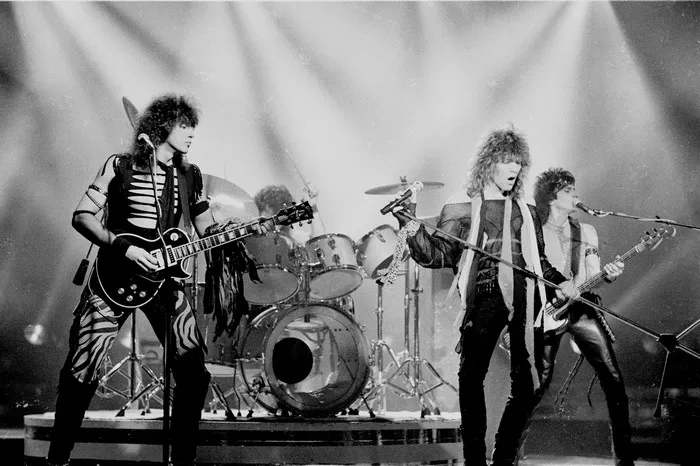Classic rock stands as a cornerstone of musical history, embodying a distinct era that resonates with fans across generations. The genre has given birth to some of the most legendary bands and songs, but what exactly defines a band as classic rock? This article takes a closer look at the essential characteristics that encapsulate the spirit of classic rock and contribute to its enduring appeal.
Era and Historical Context:
At its core, classic rock is rooted in a specific era—the late 1960s through the 1970s. This period marked a seismic shift in music, culture, and societal values. The Vietnam War, civil rights movements, and counterculture revolutions shaped the backdrop against which classic rock emerged. Bands from this time were influenced by these events, leading to music that often carried messages of rebellion, social commentary, and individualism.
Musical Elements and Sound:
The musical elements that define classic rock are distinctive and timeless. Central to this sound is the guitar-driven approach, often featuring powerful riffs and intricate solos. The fusion of rock and blues forms a foundation, resulting in a genre that can be both energetic and soulful. The rhythm section, including drums and bass, contributes to the genre’s groove and dynamic range. Vocals, ranging from gritty and raw to emotive and soaring, complete the classic rock sound.
Lyricism and Themes:
Lyrically, classic rock is characterized by its depth and universality. Bands of this genre often explored themes such as love, freedom, self-discovery, and social issues. The lyrics conveyed relatable experiences and emotions, fostering connections between artists and audiences. These themes, though originating from a specific time, possess a timeless quality that continues to resonate with listeners today.
Cultural Impact and Longevity:
Classic rock bands not only produced music but also became cultural icons. They influenced fashion, lifestyles, and even political discussions. Their music provided a soundtrack to historical moments and personal milestones. The enduring popularity of classic rock attests to its universal appeal. New generations of listeners discover and embrace these bands, creating a bond that spans decades.
FAQs:
Q1: Can bands from the 1980s be considered classic rock?
A1: While the classic rock era predominantly spans the late 1960s to the 1970s, some bands from the 1980s exhibit classic rock traits. However, the genre’s core identity is often associated with the earlier period.
Q2: Is classic rock limited to Western bands?
A2: Classic rock’s origins are primarily rooted in Western countries, particularly the United States and the United Kingdom. However, its influence has transcended borders, resonating with listeners globally.
Q3: Are there contemporary bands that embody classic rock?
A3: Some modern bands draw inspiration from classic rock, blending its signature sound with contemporary elements. While these bands pay homage to the genre, classic rock remains a distinct era in music history.
Conclusion:
Classic rock’s essence is a harmonious blend of historical context, musical elements, lyricism, and cultural impact. Bands from this era not only crafted memorable music but also left an indelible mark on society. The genre’s timelessness lies in its ability to bridge generations, fostering a shared appreciation for music that continues to transcend time. As listeners continue to find solace, empowerment, and inspiration within classic rock, its legacy remains etched in the annals of music history.

